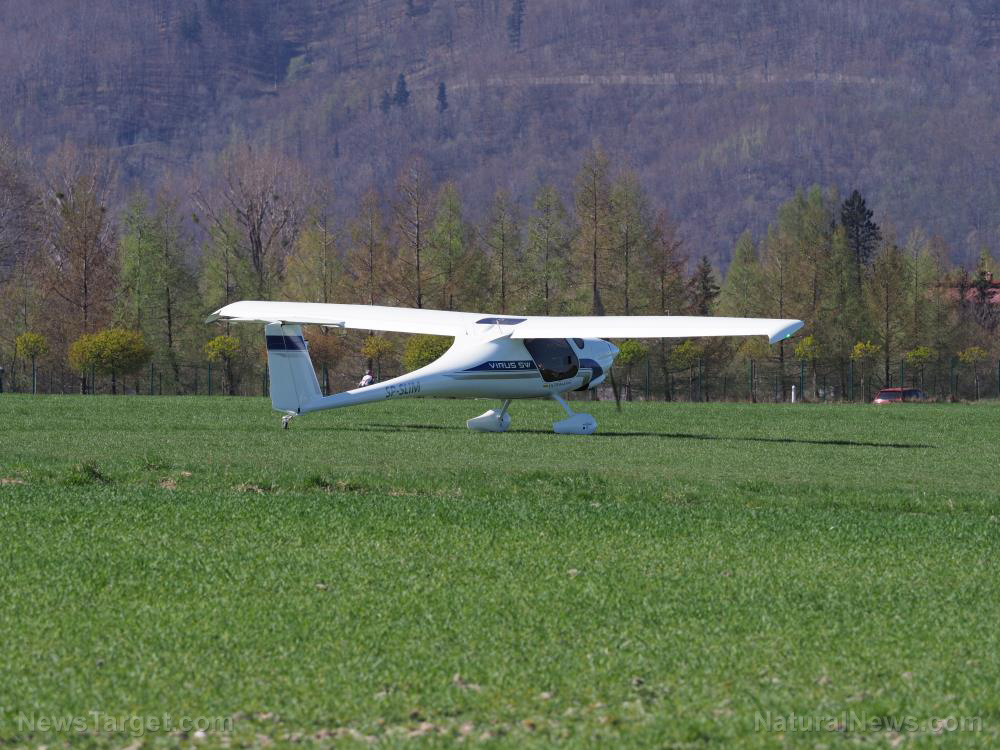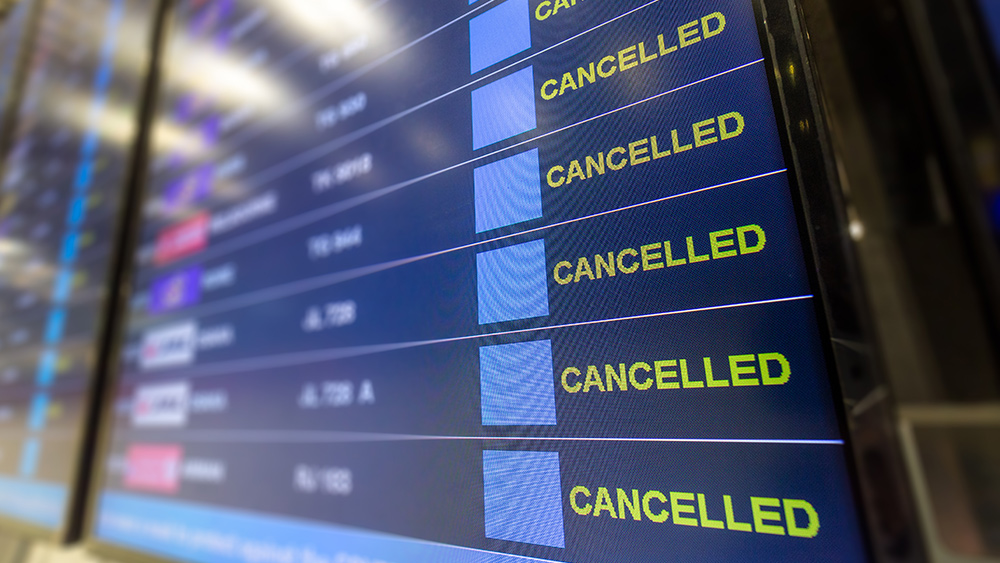
Fuel cell manufacturer HyPoint has developed a breakthrough fuel cell prototype for aircraft. The company that develops zero-emission hydrogen fuel cell systems for the aviation industry unveiled the prototype on Tuesday, March 2. HyPoint said its turbo air-cooled hydrogen fuel system would drive the development of zero-emissions aircraft and play a key role in curbing carbon emissions.
An international team of engineers developed HyPoint's breakthrough fuel cell technology, which passed key validation testing to determine if it is technically viable. The company said that full scale versions of the technology are expected to begin shipping in 2022. It added that the new technology would eventually drive the development of electric aircraft, vertical take-off and landing (VTOL) aircraft and urban air mobility vehicles.
The aviation industry is one of the last sectors that adopted zero-emissions technology. Lithium-ion batteries and current hydrogen fuel cell technologies are promising solutions, but both have their respective limitations. Lithium-ion batteries are limited by their energy density, while current hydrogen fuel cell systems have specific power limitations.
HyPoint's breakthrough hydrogen fuel cell system addresses these core technological hurdles. Tests conducted on the company's turbo air-cooled system found that it can achieve up to 2,000 watts per kilogram of specific power. This amount is more than triple the power-to-weight ratio of traditional fuel cell systems. Furthermore, the firm's new system possesses up to 1,500 watt-hours per kilogram of energy density – making it suitable for long distance journeys.
The hydrogen fuel cell technology makes use of compressed air to supply oxygen and cool the system, resulting in a high-temperature fuel cell system three times lighter than liquid-cooled low temperature systems. HyPoint's fuel cell system also contains a number of technical innovations – such as lightweight bipolar plates and a highly-conducive, corrosion-resistant coating.
HyPoint Founder and CEO Dr. Alex Ivanenko said: "This functional prototype brings us one step closer to our vision of delivering efficient and cost-effective zero-carbon emission fuel cell technology to the aviation industry." He added that the aviation industry "is expected to contribute up to a quarter of the world's greenhouse gas emissions by 2050 if left unchecked."
HyPoint's fuel cells for planes follow expanded use of fuel cells on other land vehicles
The company also announced it would commence work with the National Renewable Energy Laboratory (NREL) of the Department of Energy. Ivanenko said: "We're excited to use NREL's state-of-the-art testing facilities to further validate our system." NREL research focuses on fuel cell technologies for transportation, stationary and portable applications. (Related: Researchers design cost-efficient, clean fuel cells that might soon replace traditional gas engines in cars.)
The aviation industry is not the only sector pivoting toward hydrogen fuel cells. Freight trucking has also considered the adoption of hydrogen fuel cells in a bid to reduce their carbon emissions. Electric delivery trucks are currently being used as a zero-emission option, but they too have their disadvantages. Recharging batteries on electric trucks requires lengthy stops, and putting thousands of pounds of batteries onboard slashes trucks' cargo capacity.
Three vehicle manufacturers are now testing hydrogen-powered vehicles in California. Toyota deployed five of its 10 Kenworth T680C Class 8 fuel cell tractors in the Los Angeles and Long Beach ports. Daimler and Volvo have also conducted similar tests in the state to see how their hydrogen-powered delivery trucks would fare. Hyundai also announced its plan to test its own fuel cell delivery truck later this year. (Related: Researchers have designed a new solar device that may finally make hydrogen cars a reality.)
Hyzon Motors is another player in the hydrogen vehicle game. On March 1, the New York-based firm announced its plans to build the largest production facility for fuel cell components. Hyzon's new facility in the state of Illinois would be dedicated to making components for U.S. commercial vehicles.
It would initially build the 28,000-square-foot Hyzon Innovation Center in the Chicago suburb of Bolingbrook. Future expansion is in the works, with an additional 80,000 square feet to be added to the facility.
Hyzon is a relatively new player, but it carries decades of experience in the field of fuel cell technology. The company was originally a part of the Singaporean firm Horizon Fuel Cell Technologies, which had been developing commercial applications for fuel cells since 2003. Hyzon was spun off from the parent company in March 2020 and has focused on building its business since then.
Visit NewEnergyReport.com to read more about hydrogen fuel cells and their use in aviation and freight trucking.
Sources include:
Please contact us for more information.


















